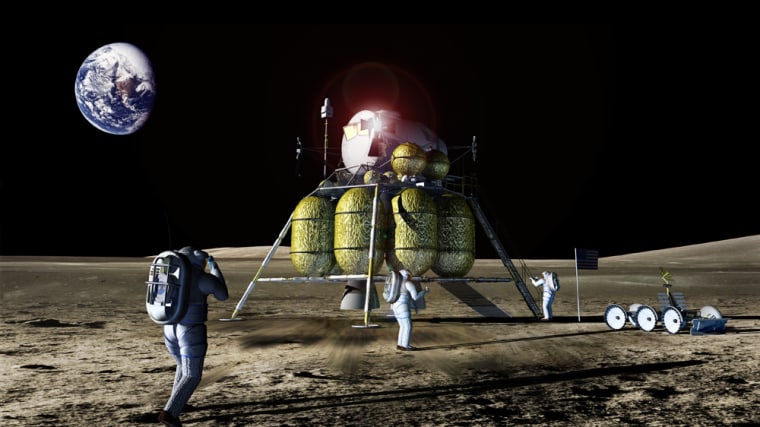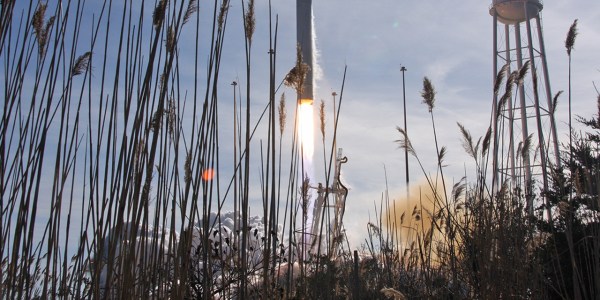NASA will delay the first manned flight of the new spacecraft designed to take humans back to the moon because of budget constraints, the agency's boss said Wednesday.
The craft, called the Orion, won't fly until early 2015, four to six months later than planned, NASA administrator Michael Griffin told lawmakers.
"We simply do not have the money available" to fly in 2014 as originally planned, he said.
The delay is the result of a $545 million difference between President Bush's request for the agency this year and the money Congress included in a spending bill Bush signed this month. Lawmakers gave the space agency the same amount of money it received in 2006.
"The net result of the decrease will be a four- to six-month delay of the Orion crew vehicle," Griffin told the Senate Commerce Committee's space subcommittee.
That's more time the U.S. will go without any manned spaceflight capability _ the space shuttle is slated for retirement in 2010. It will fly 13 or 14 more missions to finish the International Space Station and maintain the Hubble space telescope.
Griffin said the gap between the shuttle's retirement and Orion's debut raises practical and strategic concerns.
"When you don't fly for four or more years, people become stale ... facilities degrade. It's not a good thing," he said. "Our human spaceflight expertise will be depleted to a certain extent."
Griffin also pointed out that other countries would continue to fly humans and cargo into space while Americans were grounded. "For the United States not to be among them is tragic," he said. "The U.S. will be in a position of purchasing crew and cargo services from other countries."
The Orion is the ship designed to carry astronauts to the moon and later to Mars. Bush announced the new manned space program in 2004, the year after the shuttle Columbia accident that killed seven astronauts. Bush called for a return to the moon by 2020.
Griffin said he wasn't looking to that deadline just yet. "I'm not worried about the moon right now. I'm worried about replacing the shuttle," he said.
Slideshow 12 photos
Month in Space: January 2014
Five of the crew members who flew aboard space shuttle Discovery last December were recognized by senators at the hearing. Missing was pilot William Oefelein, who was hasn't made a public appearance since the arrest of astronaut Lisa Nowak earlier this month on charges she tried to kidnap and kill a woman she regarded as her rival for Oefelein's affections.
"Clearly, she is in major trouble and clearly we failed as an institution to recognize that she was very troubled," Griffin said when asked about Nowak. "I don't think one incident should ever be allowed to paint a picture for an entire group of people ... and certainly not for our astronauts."

